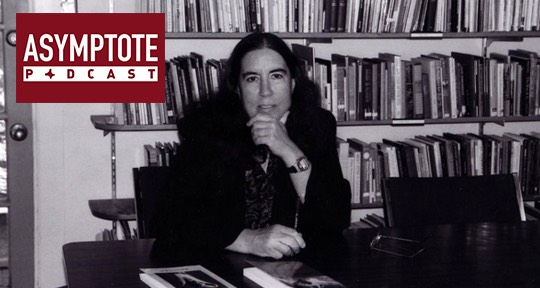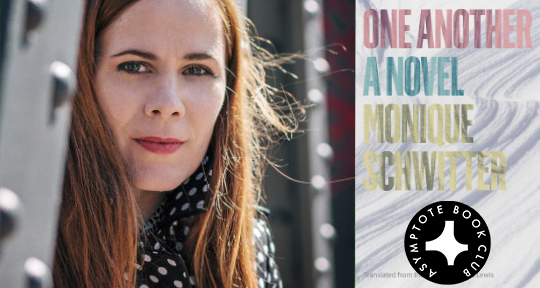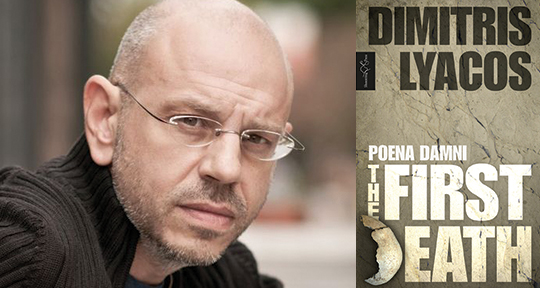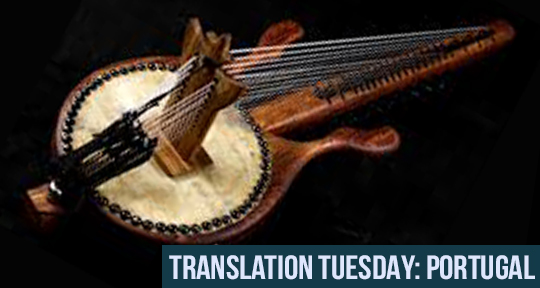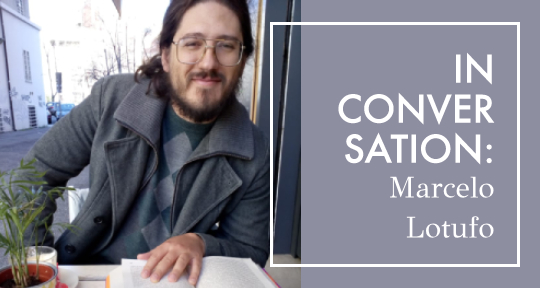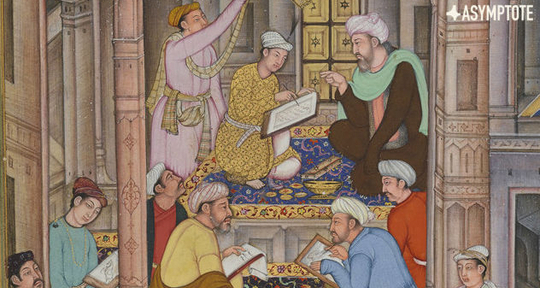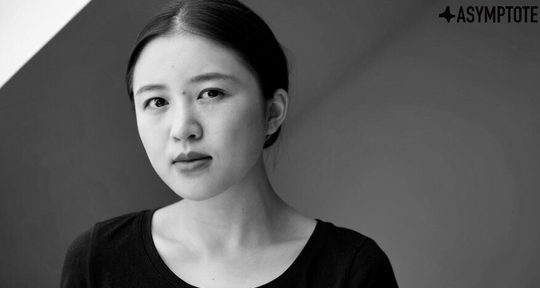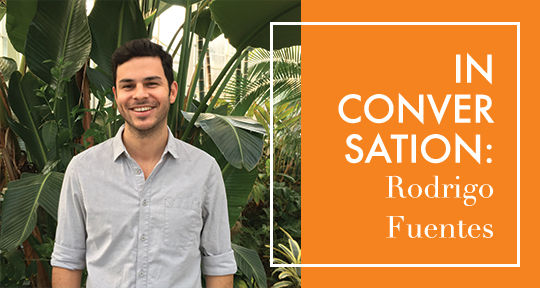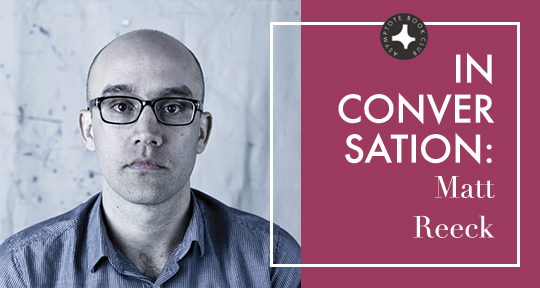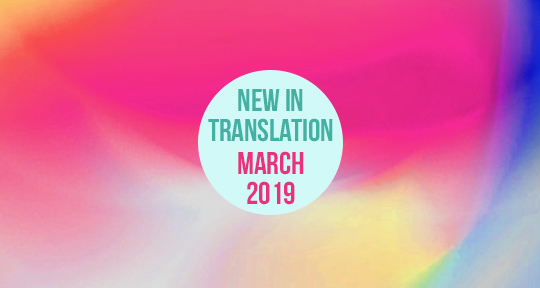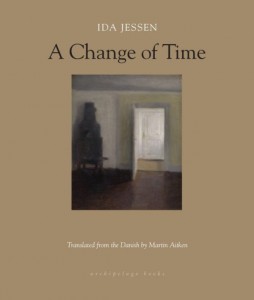How did a book of Greek poetry become one of the most-discussed and most-lauded pieces of contemporary European literature? Garrett Phelps, Assistant Managing Editor at Asymptote, explains what makes Dimitris Lyacos’ Poena Damni trilogy is so unusual—and so difficult to describe.
Late last year, Shoestring Press published a complete edition of Dimitris Lyacos’ Poena Damni trilogy, translated into English from a newly revised text. Not long after the first volume appeared in 2009, the work became the subject of near-unanimous praise. Fastforward about a decade and it’s widely acknowledged as a crucial addition to the literary canon, the strongest signs being its frequent inclusion in university curricula and its reputation in high circles as a masterwork, a post-modern epic, and a dystopian allegory for the cultural collapse of the West, whose legacy is only despair and rubble and war. Translations into French, English, and German have made it one of the most reviewed works of contemporary European literature, which is rare for any book of poetry and especially one written in Greek. That it’s a masterwork, or at least really near being one, is true. I gathered as much after my first encounter with it a few years ago, when Asymptote featured an extract from Shorsha Sullivan’s translation of Z213: Exit. It floored me back then and still does now.
I’m thankful that I read it before looking at anyone else’s thoughts, because the label “post-modern epic” is misleading, useful only for jacket copy. It reminds me of somebody like Umberto Eco, whose novels are long and fussy, and more about literature itself than that other rich wellspring known as real life. Dimitris Lyacos’ trilogy is definitely not that: whatever runs through its heart is too raw. Other postmodernists with actual talent, like Kathy Acker, are also a very different cut of writer. They tend to deal with ubiquitous cultural products—e.g., movies, music, targeted ad copy, the novel—whose influence pervades, or even dictates, modernity. Their work is heavy on pastiche and ready to relate, sometimes in a single breath, subjects as disparate as Nascar and archaic Greek poetry. Lyacos shares their skepticism of reigning cultural myths, although for him they’re free from the baggage of ideology, manifest destiny, and sense of self. Instead, myths revert to their most embryonic forms, such as the Homeric journey, leading some critics to argue that Poena Damni is in fact more modernist than post-modern. They’re right, too, but the claim sounds so dry when read aloud that I’ve already lost interest. Anxiety about missing the point usually means literature is doing its job. READ MORE…

